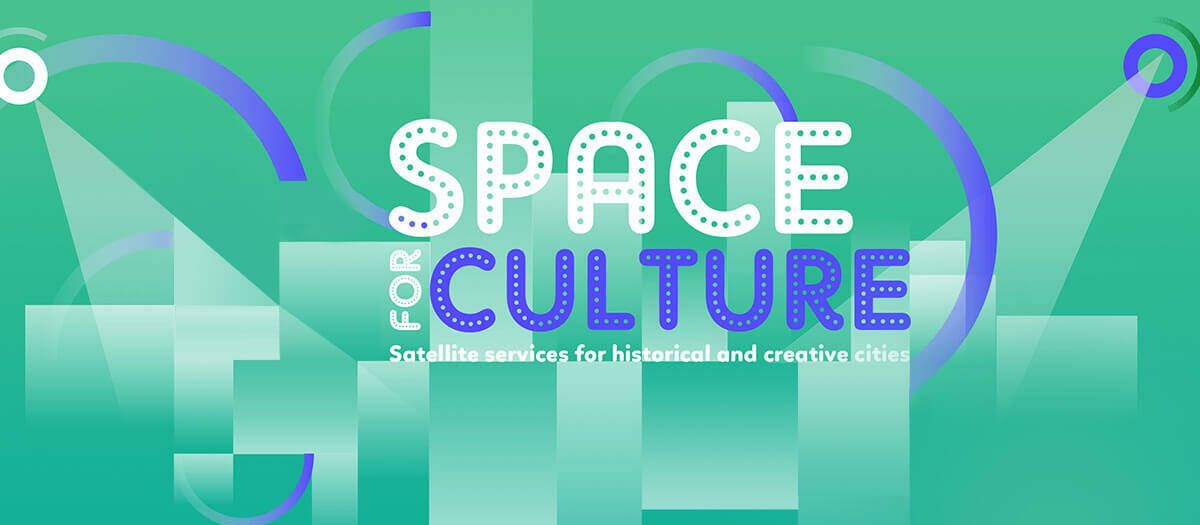Our speakers
 |
Roya Ayazi, Secretary General, NEREUS, Belgium Since 2009 Secretary General of NEREUS (Network of European Regions Using Space Technologies), Roya Ayazi heads its Brussels/Belgium-based secretariat. Representing the network at EU-level, Roya’s core responsibilities include advocacy and political interest representation towards the European institutions and the European Space Agency, international networking and collaborations as well as the overall co-ordination of the network activities. Roya is a member of the Horizon2020-Space Advisory Group of the European Commission. Holding for almost 15 years positions in European Affairs, Roya is trained with two German Juridical State Exams. |
|
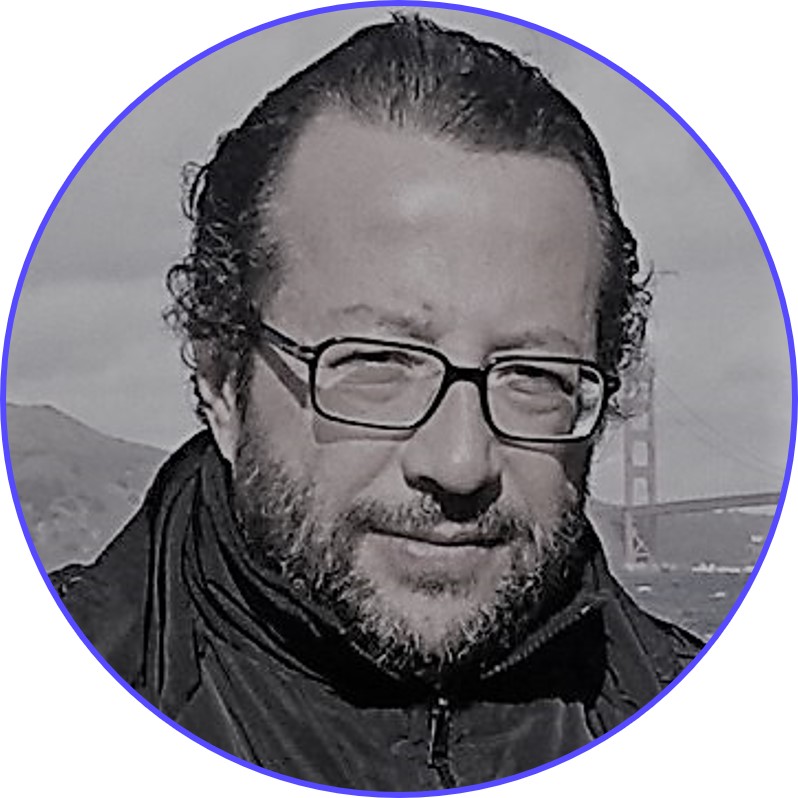 |
Giuseppe Bianco , Director, Space Geodesy Centre “G. Colombo”, Italian Space Agency, Italy Mr Bianco has over 30 years of experience in the space technology environment. With a Doctoral degree in Astronomy from the Bologna University, he joined the Italian Space Agency in 1990 and served in various positions before taking the head of the ASI Space Geodesy Centre “G. Colombo”. Among other positions, Mr Bianco has been Head of the ASI Space Geodesy Unit, Head of the Coordinating Office of the Global Geodetic Observing System, and Head of the ASI Earth Observation Department. Until 2011, he was also Contract Professor at the University of Basilicata. |
|
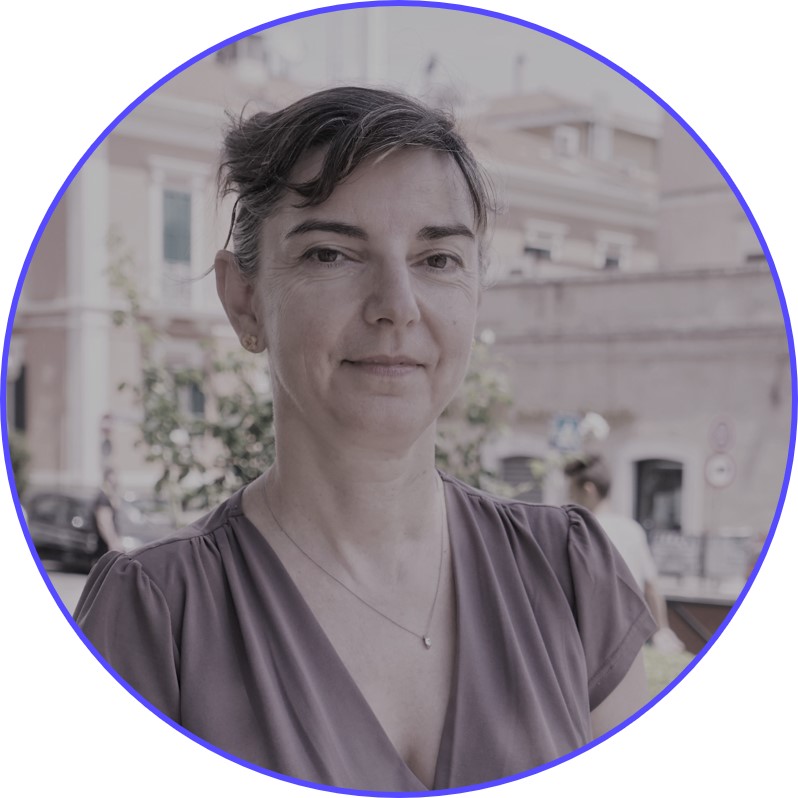 |
Ariane Biéou, Cultural Manager, Fondazione Matera-Basilicata 2019, Italy Ariane Biéou is responsible of the coordination and implementation of the cultural programme of Matera-Basilicata 2019, Capitale europea della cultura. Beforehand, Ms. Bièou worked for 15 years in Italy as qualified architect, first as an associated architect and then in the management of cultural projects in the field of performing arts, particularly in designing, managing and coordinating art events in public spaces or in connection with heritage. She also represented the Italian partnership from 2006 of IN SITU, the European network for artistic creation in public space. From 2011, Ms. Biéou coordinated IN SITU as project manager, leaded by Lieux publics, Centre National de Création (Marseille – France), and ran the EU funded projects META 2011-2016, IN SITU Platform 2014-2017 and IN SITU ACT 2016-2020 gathering 25 partners from 17 countries throughout Europe. From 2003, through five projects financed by the European Commission, the activity of IN SITU covered project launches, artistic production, European residences, transnational programming as well as the development and evaluation of pilot actions promoting mobility. |
|
 |
Gian Gherardo Calini, Head of Market Development, GSA Agency, Czech Republic Gian Gherardo Calini became GSA’s Head of Market Development in December 2006. Prior to joining the GSA, he held senior marketing and business development positions in the transportation and service industries. He built his management experience working for McKinsey & Company, Procter and Gamble and Citibank, where he held marketing and business development positions. Mr. Calini holds a master’s degree in Economics and Commercial Engineering from “La Sapienzia” University in Rome and a Master of Business Administration from INSEAD in Fontainebleau. |
|
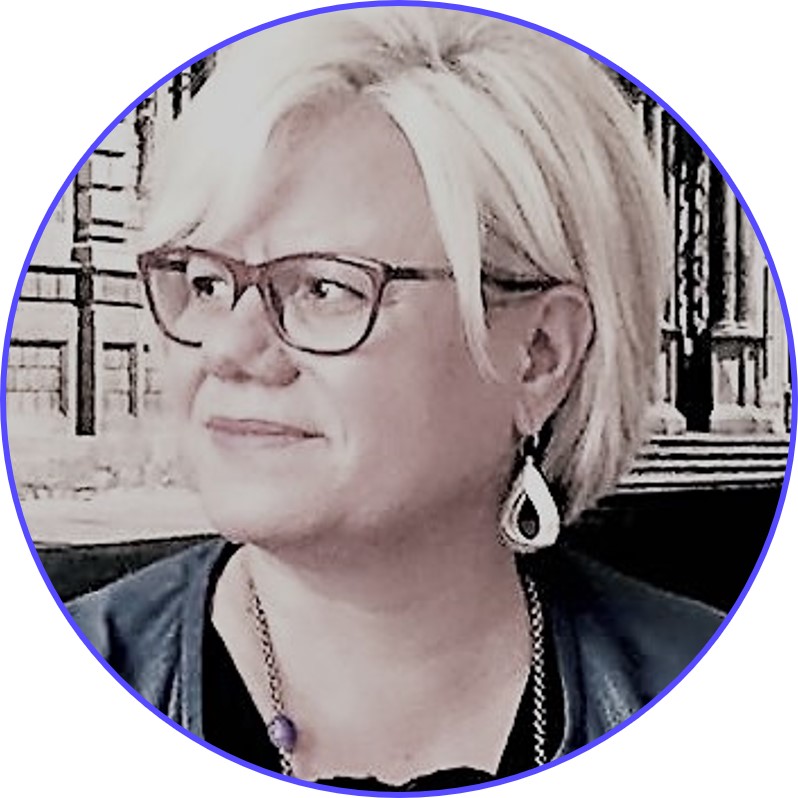 |
Loredana Capone, Minister for Tourism and Cultural Industries, Management, and Promotion of Cultural Heritage, Apulia Region, Italy Loredana Capone Graduated in Law with honours at the Bari University. In 1994, she was nominated as an Honorary Magistrate at the District Court of Lecce. In 1995, she served as technical assessor with responsibility for the Environment and in 1996, with responsibility for Town Planning, Contracts, and Equal Opportunities. In 1997, she joined the Board of Directors of the University of Lecce. In 2003, she was selected as representative of the Italian provinces to participate in the National Strategic Table for Technological Innovation. Since 2004, Ms Capone has held different positions of political responsibility in the Province of Lecce. In 2009, she was appointed as Vice President and Councillor for Economic Development of the Apulia Region. |
|
 |
Roberto Cifarelli, Minister for Development, Employment, Training and Research Policies of the Basilicata Region, Italy Roberto Cifarelli has a Degree in geo-topo-cartographic, estimative, territorial and building science. In 1992, he began his political and administrative career as a municipal administrator of Matera. Re-elected during the following elections, he was a city councillor until 2002. In 1997-1998, he was the Matera City Minister for the Sassi. From 2000 until 2010, he was the President of Ente Parco della Murgia Materana. In 2010, he was appointed as spokesperson of the Mayor of Matera, Mr Salvatore Adduce. During the regional elections of 2013, Roberto Cifarelli was elected regional councillor with the Democratic Party. Therefore, he held the position of leader of the Democratic Party in the regional legislative assembly until July 2017. Since August 2017, Mr Cifarelli is Minister for Development, Employment, Training, Research Policies and Sport of the Basilicata Region. |
|
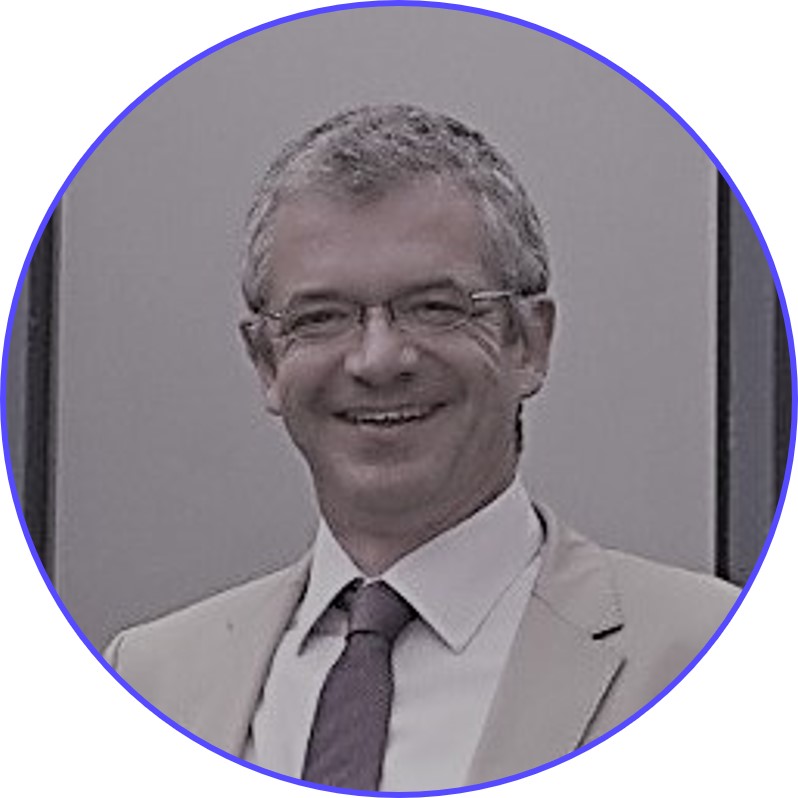 |
Toby Clark, Secretary General, Eurisy, France Toby Clark was appointed Secretary General of Eurisy in December 2016. Prior to that, he had been with the European Space Agency since 2002, when he took responsibility for the services which the European Space Operations Centre provides to external customers from Darmstadt in Germany. He moved to the ESA Headquarters in Paris in 2014, where his most recent role was Senior Corporate Controller. Before joining ESA, he spent 13 years as a space physicist with the British Geological Survey in Edinburgh, working in the field of Space Weather and External Geophysics. During this time he obtained his MBA from Edinburgh University. One of his proudest achievements was joining the British Antarctic Survey after graduating in Engineering from Cambridge University. In 1985-86 he lived for two years without a break at the research station Halley in Antarctica. On his return he wrote up his studies for a PhD in Space Physics from the University of Sheffield. |
|
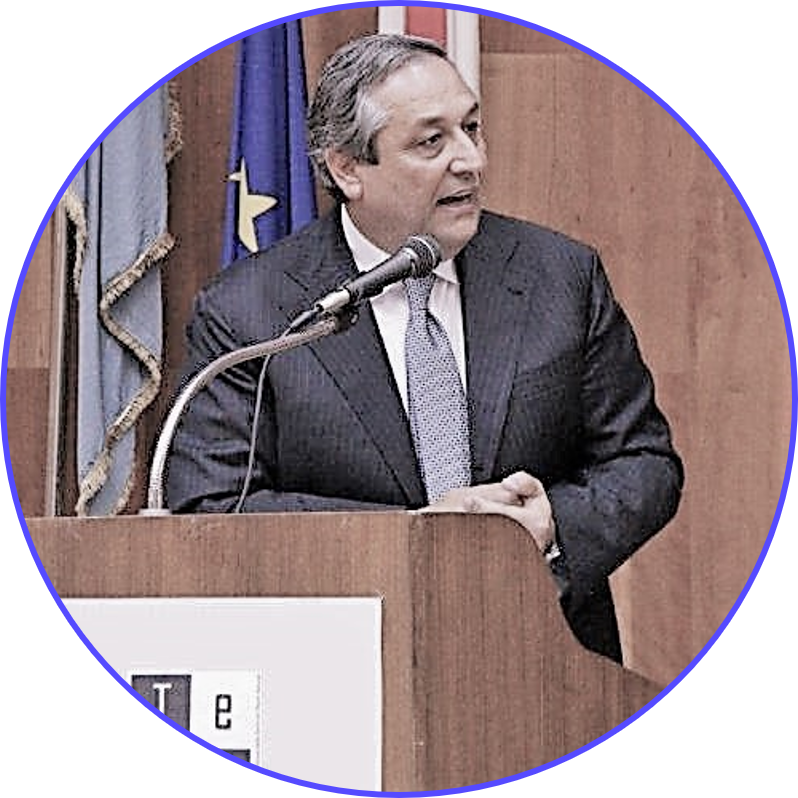 |
Antonio Colangelo, President, TeRN Consortium, Italy Mr Colangelo holds a degree in Business Administration and a Master in Corporate Culture at SDA Bocconi. He is Counsellor of the Bank of Italy – regional office of Basilicata, and Member of the Management Board of the University of Basilicata. Currently, in addition to holding the position of Administrator of the Geocart Group (Geocart Spa, Digital Lighthouse srl, MedEa srl, In.HR srl, Biocart Srl), he is Vice-President of the Centre of Integrated Geomorphology for the Mediterranean Area (CGIAM), a public-law institution for experimental research applied to the environment for the reduction of natural risks and the internationalisation of technological innovation. |
|
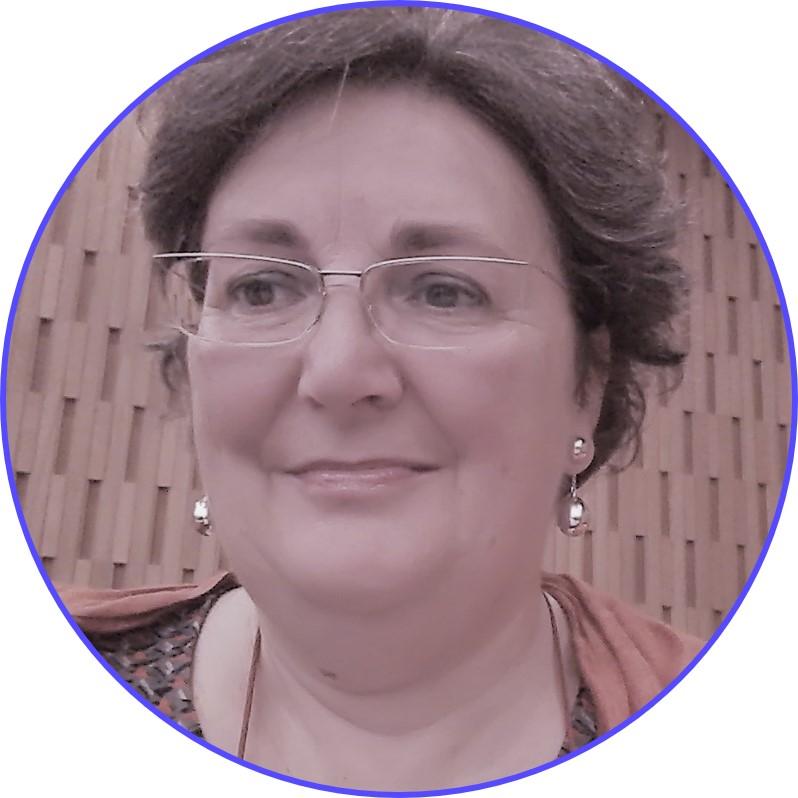 |
Angela P. Colonna, UNESCO Chair, Department of European and Mediterranean Cultures, Architecture and Cultural Heritages, University of Basilicata Angela Colonna was born in Molfetta (Bari) in 1961. Graduated in Architecture and with a Ph.D. in Documentation, Cataloguing, Analysis and Reuse of Cultural Heritage, she is a researcher in Architectural History and coordinates the Genealogy of Architecture Learning Workshop at the University of Basilicata. She has developed research on architecture and the city of the 19th and the 20th century and on the UNESCO sites and their management strategies. She focuses on subjects such as the landscape history, historiography of arts and architecture methodologies. She drafted, together with Domenico Fiore, the Management Plan of the “The Sassi and the Park of the Rupestrian Churches of Matera” UNESCO site, approved in 2015. She is the project leader of the UNESCO Chair on “Mediterranean Cultural Landscapes and Communities of Knowledge” of the University of Basilicata. |
|
 |
Baerbel Deisting, Vice-President, NEREUS, Belgium Dipl.-Math. Bärbel Deisting is Director of Space and Space Applications at bavAIRia e.V. Moreover, she is the German ESA business applications ambassador, Vice-president of NEREUS (the Network of European Regions Using Space Technologies) and a member of the Scientific Committee of the Navis Centre in Hanoi. She received a degree in Mathematics from the Ludwig-Maximilians-University (LMU) and was working until 2012 for ISTA, University FAF Munich, ITIS e.V. and ITIS GmbH. There, she was working in the field of GPS and Galileo and was involved in several EU projects. She was a member of the organising committee of the Munich Satellite Navigation Summit until 2012. Furthermore, she has an apprenticeship as mediator. |
|
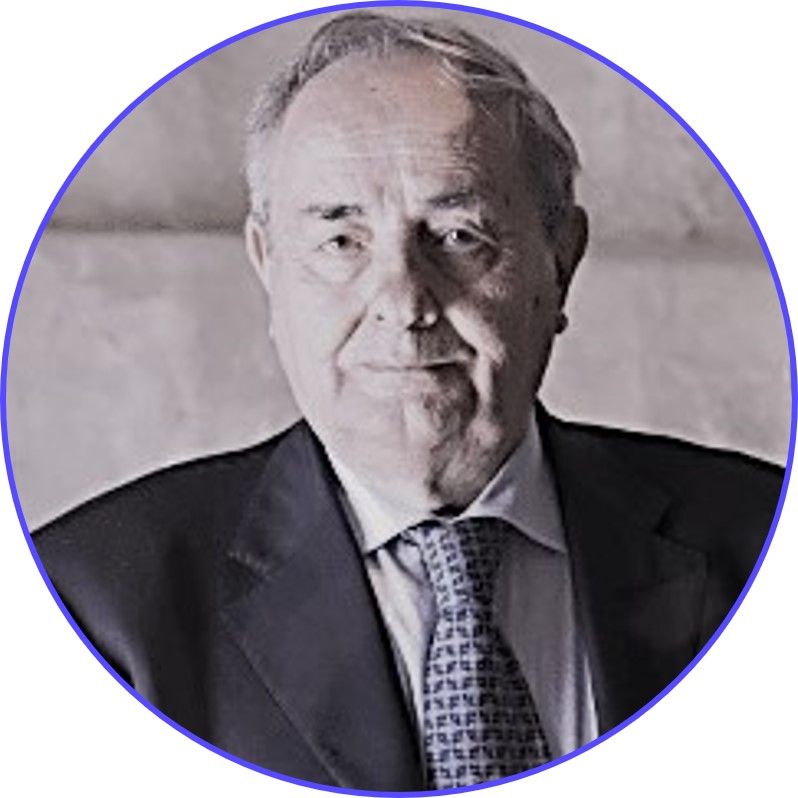
|
Raffaello De Ruggieri, Mayor of Matera Raffaello De Ruggieri is one of the founders of the cultural circle La Scaletta di Matera (Cultural Institute, with ministerial appointment). He promoted the institution of the Murgia Materana Park and presented several bills relating to the Sassi and their preservation. He is also the founder and director of the Zetema Foundation. In 2007, he was appointed as a member of the Superior Council for Cultural Heritage and Landscape. He contributed to the works of the committee that led Matera to be designated as European Capital of Culture in 2019. He is Mayor of Matera since June 2015. |
|
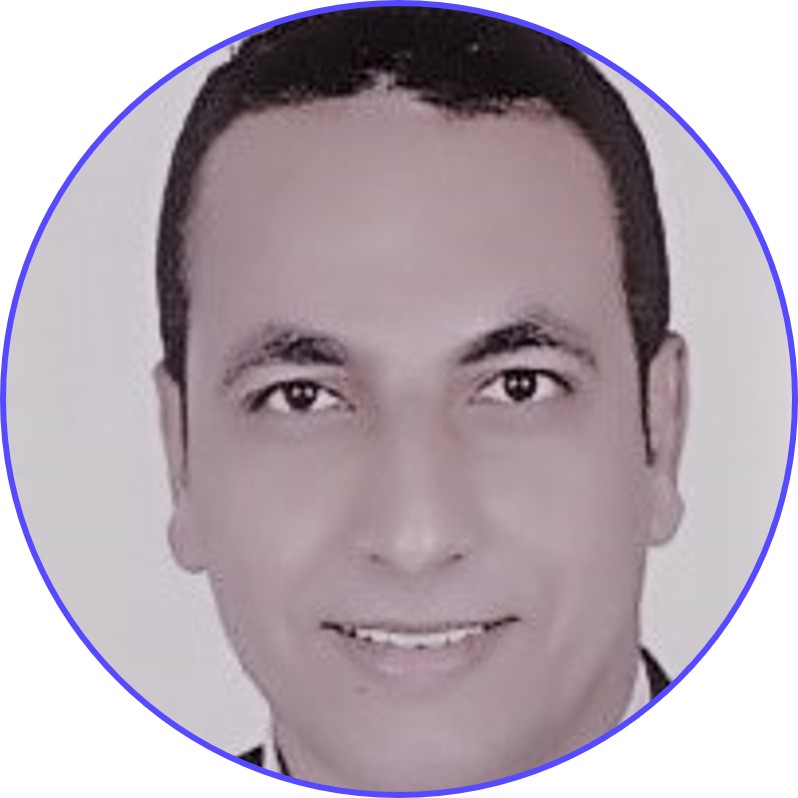 |
Abdel Aziz Elfadaly, Researcher, University of Basilicata- National Research Council, Italy Abdel is a PhD researcher at the Basilicata University in Potenza and at the Italian National Research Councils. His research focuses on remote sensing in archaeology. Mr Elfadaly published numerous articles on international specialised journals and contributed to several international conferences on the topics of remote sensing, GIS, geo-environmental risk assessment and cultural heritage management in archaeological sites. |
|
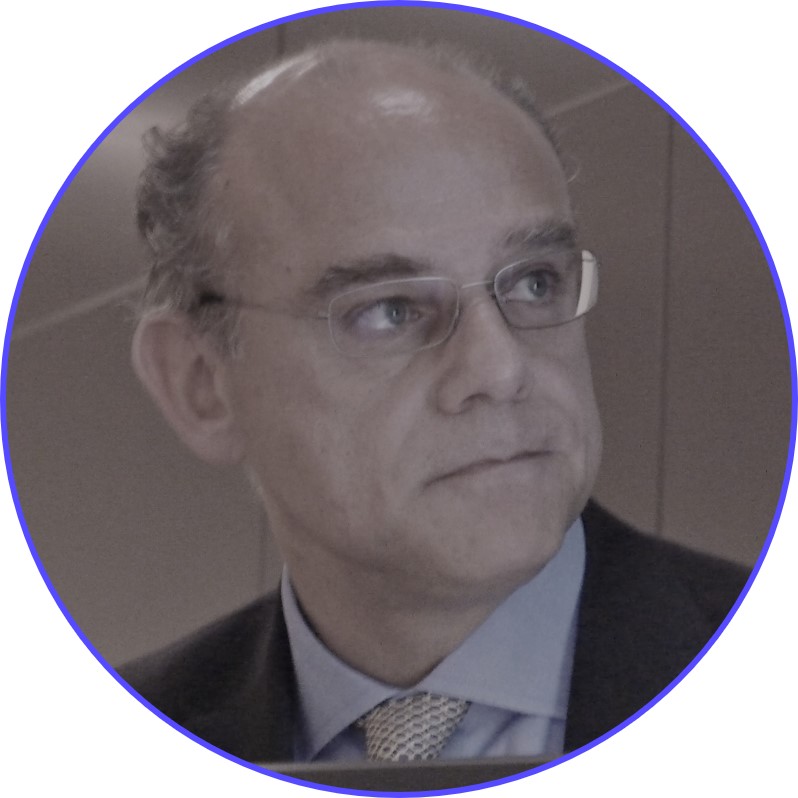 |
Francesco Feliciani, Head of Commercial Projects Section, Downstream Applications Department, European Space Agency, The Netherlands Francesco joined ESA-ESTEC in 1991 in the Earth Station section of the Telecom Directorate, where he has been involved as Technical Officer in development projects for user terminals and RF front ends. In 1998, he initiated the line of the ARTES programmes dedicated to Satcom Applications. In 2002, he became Head of the Satellite Communications Applications Section, in the Telecom Departments. Since 2009, he is Head of the Commercial Projects Section in the Downstream Applications Department at ESA-ESTEC. |
|
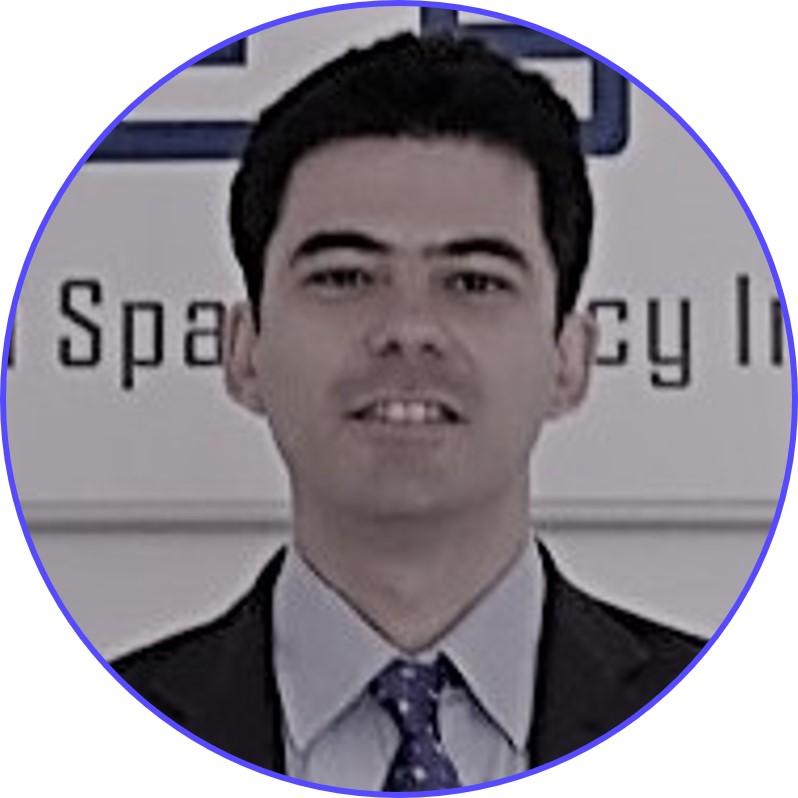 |
Stefano Ferretti, Earth Observation Exploitation Engineer, European Space Agency Stefano Ferretti is a Earth Observation Exploitation Engineer at ESA ESRIN in Frascati. He was seconded by ESA to the European Space Policy Institute (ESPI) for the period 2015-2018. There, he managed the research project “Space for Sustainable Development” and engaged in the activities leading to UNISPACE+50. Previously, he worked as Energy and Infrastructure Manager at ESA/ESRIN, as International Space Station project manager at ESA/ESTEC, and at Thales Alenia Space. He received the International Astronautical Federation “Napolitano Award”. He holds a PhD and a Master’s in engineering from the University of Bologna, a Master in Space Studies from the International Space University, and studied space policy and law, innovation, entrepreneurship, and leadership at the George Washington University and at the MIT. |
|
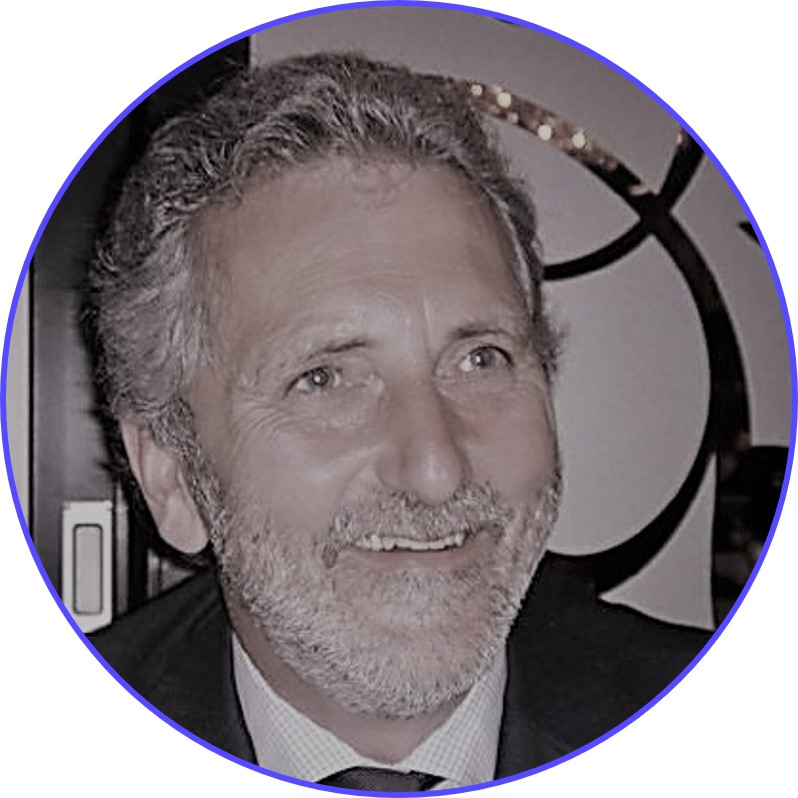 |
Albert Gauthier, Principal Administrator, Policy Officer, Interactive Technologies, Digital for Culture & Education, DG CNECT, Luxembourg Albert Gauthier works at the European Commission in Luxembourg, at the Directorate General CNECT. The ‘Interactive Technologies, Digital for Culture & Education‘ unit covers a range of activities from funding leading-edge ICT research to innovation and policy support. More specifically, the Unit’s mission is to support the digital transformation of cultural and education institutions by promoting the digitisation of cultural heritage and its wider access and reuse through new technologies and the further development of Europeana as the European cultural hub. The unit is also supporting the modernisation of education and training systems in an age of rapid technological change. To this end, the unit supports policy, research, innovation and the wider take-up of interactive technologies, learning technologies and connectivity to allow European citizens to have a richer experience of cultural and educational content and to allow European business to create value from cultural content. |
|
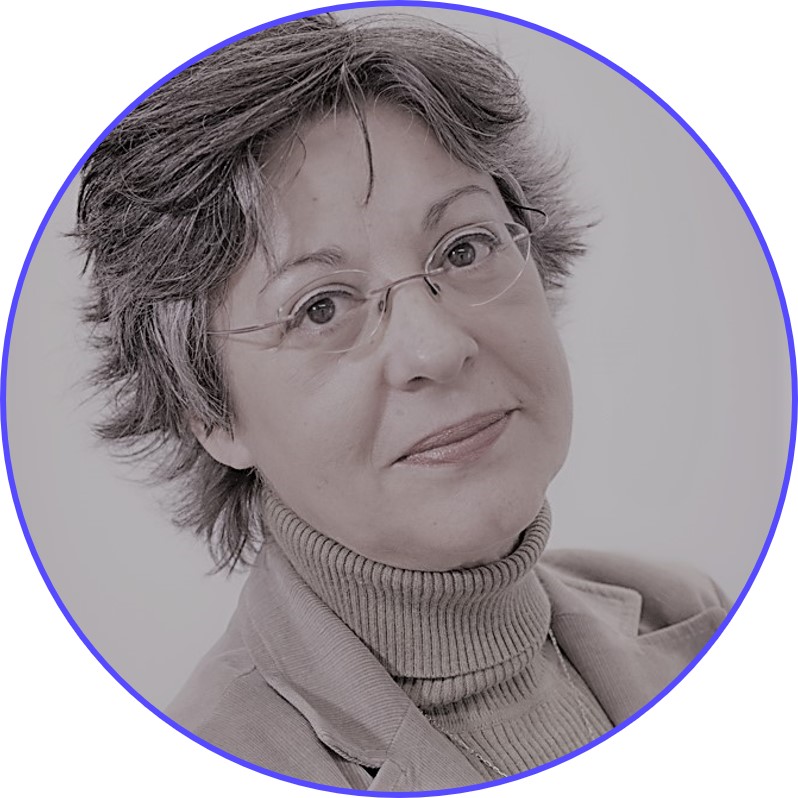 |
Oriana Grasso, DG for Internal Market, Industry, Entrepreneurship and SMEs of the European Commission Policy officer at DG GROW, Copernicus Unit I2, in charge of horizontal issues and cultural heritage, since November 2014. Anthropologist and sinologist by education, she worked in the communication and European advocacy fields from 1980. Policy adviser of the European Parliament, Rapporteur for Copernicus and other space, energy, research and environment programmes from 2004 to 2014. Policy officer in the Forward studies Unit of STOA (Scientific and technical options assessment) from July to October 2014. |
|
 |
Hans Hack, Data Visualiser, Mapmaker and Artist, Germany Hans Hack is a data visualiser, map maker and artist working as a freelancer in Berlin. With a background in Heritage Conservation, Hans currently works with Javascript, databases, open source GIS tools, image editing programs and whatever might come handy to realise a project. Hans works for museums, foundations, newspapers, NGOs, graphic design studios, and artists. His works can be found on the web, on newspapers, at exhibitions and conferences. |
|
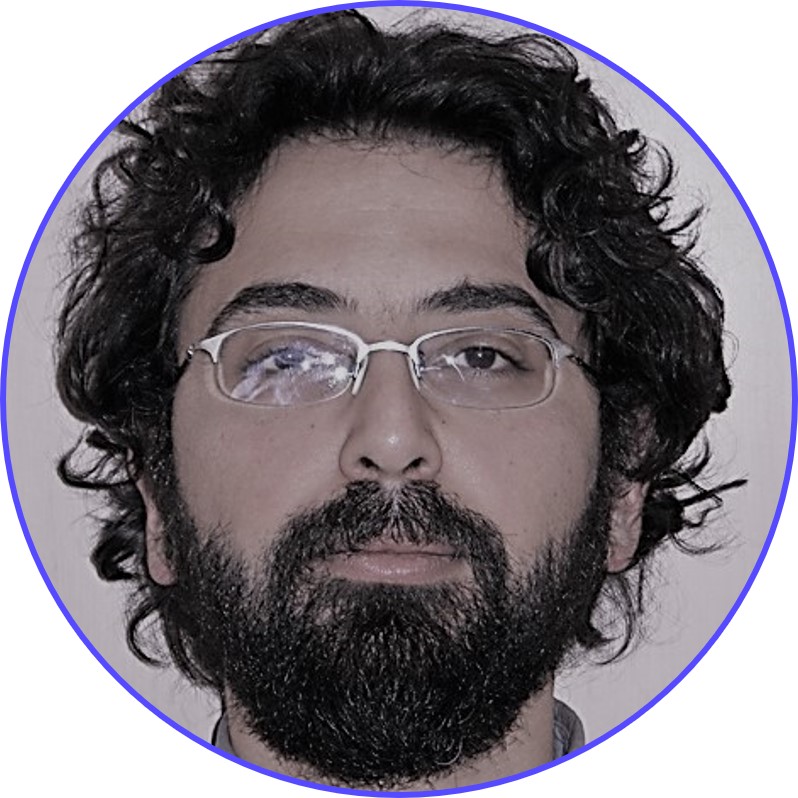 |
Tuna Kalayci,Remote Sensing Archaeologist, Institute of Archaeological and Monumental Heritage of National Research Council (IBAM-CNR), Italy Tuna Kalayci is a remote sensing archaeologist. He focuses on landscapes of production, urban landscapes, and landscapes of movement. His tools of investigation mainly include geospatial technologies, ranging from multispectral data analysis to geophysics. Currently, he is a Marie Sklodowska Curie Individual Fellow at the Istituto per i Beni Archeologici e Monumentali – Consiglio Nazionale delle Ricerche (IBAM-CNR, Italy) with the project title “Modern Geospatial Technologies for Ancient Movement Praxis”. Previously he worked as a post-doctoral researcher at the Institute for Mediterranean Studies – Foundation for Research and Technology – Hellas (IMS- FORTH, Greece), following his graduation from the University of Arkansas, Fayetteville in 2013 (USA). Currently, he is the assistant director of two international archaeological projects in Turkey. |
|
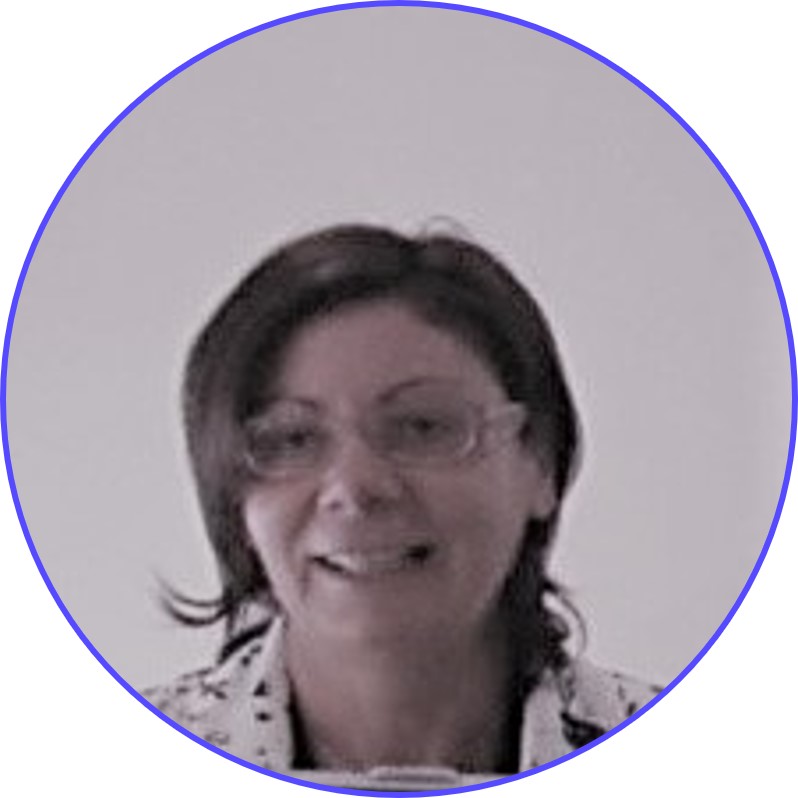 |
Rosa Lasaponara, Senior Researcher, Italian National Council Research, Institute of Methodologies for Environmental Analysis (CNR- IMAA), Italy Ms Lasaponara holds a MsC and PhD in remote sensing. She is a senior researcher at the Italian National Research Council and has more than twenty years of experience in modeling and processing passive (multispectral and hyperspectral) and active (Radar, Lidar) data acquired from satellite, airborne and ground remote sensing. Her research activities deal with modeling, data processing and integration for cultural heritage, landscape and risk monitoring. She is author or co-author of 350 peer reviewed papers. She is Editor of NHESS, academic Editor of RS , guest editor for JCH, JS, AP, JAG. IJRS, EM. PI. |
|
 |
Nicola Masini, Senior Researcher, Institute of Archaeological and Monumental Heritage of National Research Council (IBAM-CNR), Italy Nicola Masini is Senior Researcher and Responsible of the Potenza branch of the Institute of Archaeological and Monumental Heritage of the National Research Council (IBAM-CNR). He is also Professor of Architectural Restoration at the School of Architecture of Matera, Director of the Italian Archaeogeophysics Mission in Peru. At CNR-IBAM, he currently manages two H2020 projects on Earth Observation for Archaeology and Cultural heritage: ATHENA (H2020-TWINN-2015) aimed at creating a Remote Sensing Science Centre for Cultural Heritage in Cyprus and GeoMOP (H2020-MSCA-IF-2016) “Modern Geospatial Practices for Ancient Movement Praxis”, aimed at developing an interdisciplinary approach based on archaeology, satellite remote sensing and Agent-Based Modelling for the study of Bronze Age road systems in Khabur Basin, Upper Mesopotamia, in Syria. |
|
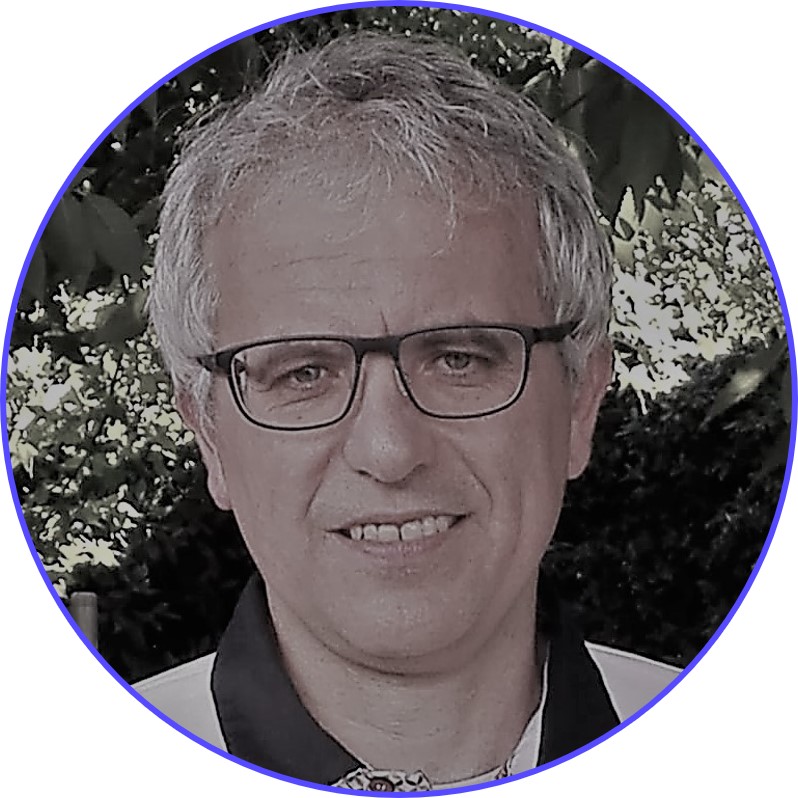 |
Carlo Michelacci, Land Management Department, Sustainable Mobility Sector, Municipality of Bologna, Italy Carlo has over thirty years if experience in transport management. He began as a freelancer, and then served as an executive for the Bologna Municipality. He has acquired an extensive experience in local planning and in the development of urban and inter-urban mobility infrastructures. Currently, he manages the traffic control centre of the Municipality of Bologna and co-ordinates the planning and implementation of public transport, pedestrian areas, limited traffic zones, and parkings. |
|
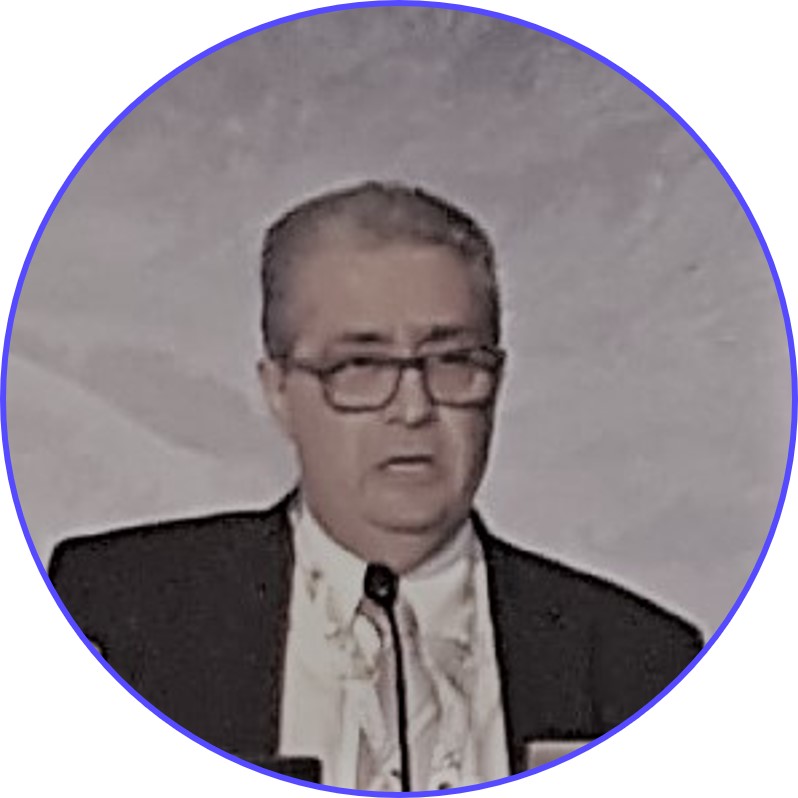 |
Marcello Moretti, Operations Manager, European Union Satellite Centre (EUSC), Spain Marcello Moretti is Operation Manager at EUSC, that he joined in 2003. He has been responsible for the imagery and collateral data to be exploited and disseminated by the EUSC from 2003 to 2011. Afterwards, he joined the Operations Division as Operations Manager, assuming responsibility for the management of information requests and the validation of the resulting intelligence products. He has been working on imagery and intelligence analysis since 1994 at operational and strategic levels. Among other tasks, he was involved in the system definition of the Cosmo Skymed Satellite Constellation, ORFEO MOU, in cooperation projects between Italy and France in the field of Earth observation, and in the project “Besoins opérationnels communs pour un système global européen d’observation par satellites (à des fins de sécurité et de défense)” BOC, signed by the Defences of France, Germany, Italy and Spain. Mr Moretti is a retired commander of the Italian Navy. |
|
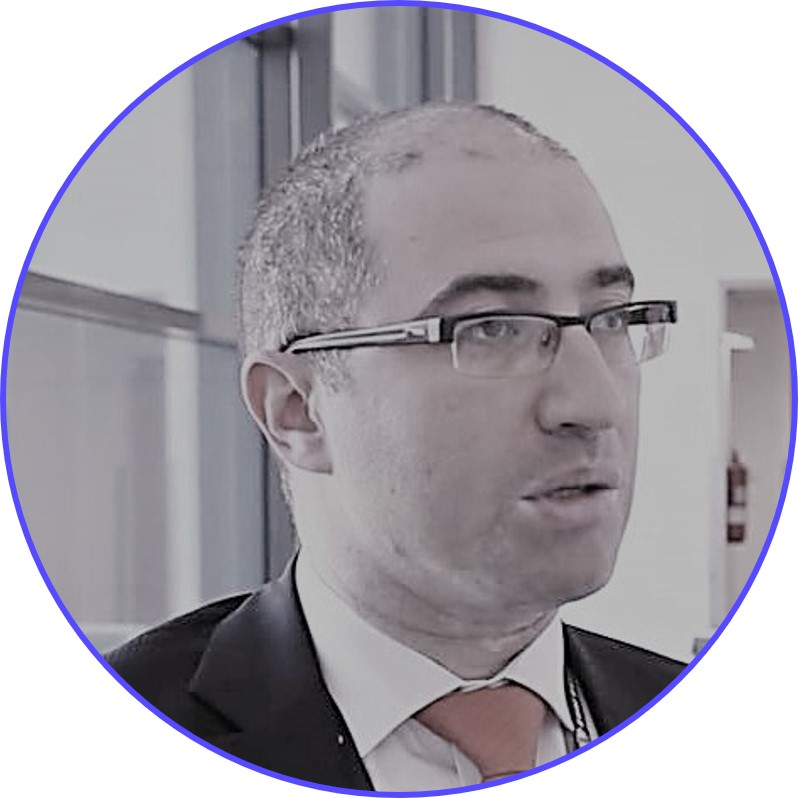 |
Epifanio Pecharromán, Team Leader, European Union Satellite Centre (EUSC), Spain Epifanio Pecharromán has served as an intelligence analyst (mainly as an IMINT and GEOINT expert) for more than 20 years in the national and international security and defence domains. Since 2008, he works for the European Union Satellite Centre (SatCen). He is currently Team Leader of the Geospatial Analysis Team within the SatCen Operations Division. |
|
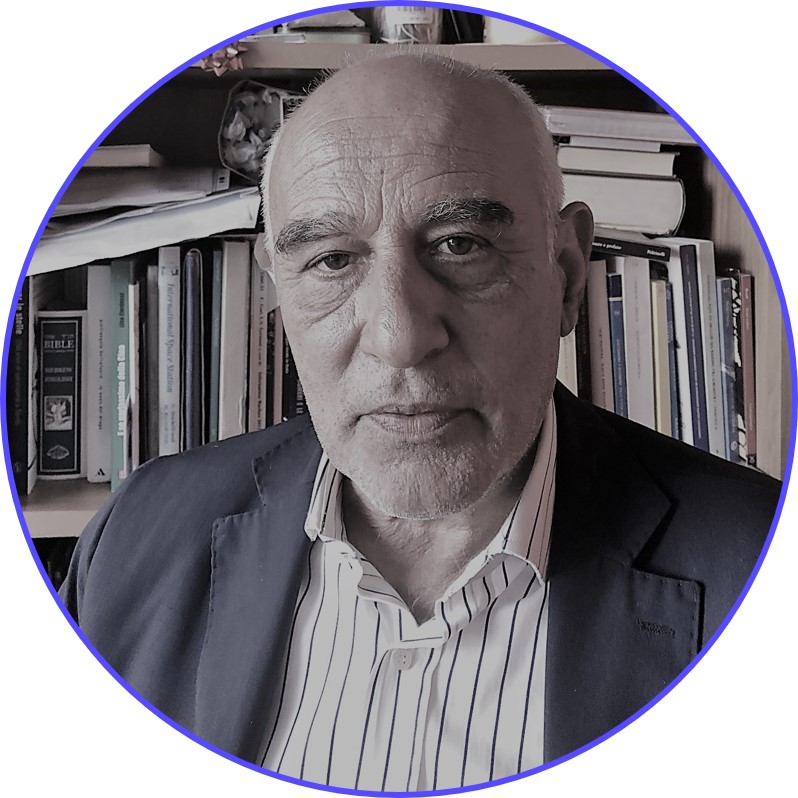 |
Walter O. Piperno, Industrial Policy Office, Italian Space Agency, Italy Walter O. Piperno is responsible for the office of Industrial Policy in the Strategy Unit of the Italian Space Agency (ASI). He has long experience in technology transfer, innovation, SMEs initiatives, and start-ups support. He has an engineering profile and teaching experience at the academic level. |
|
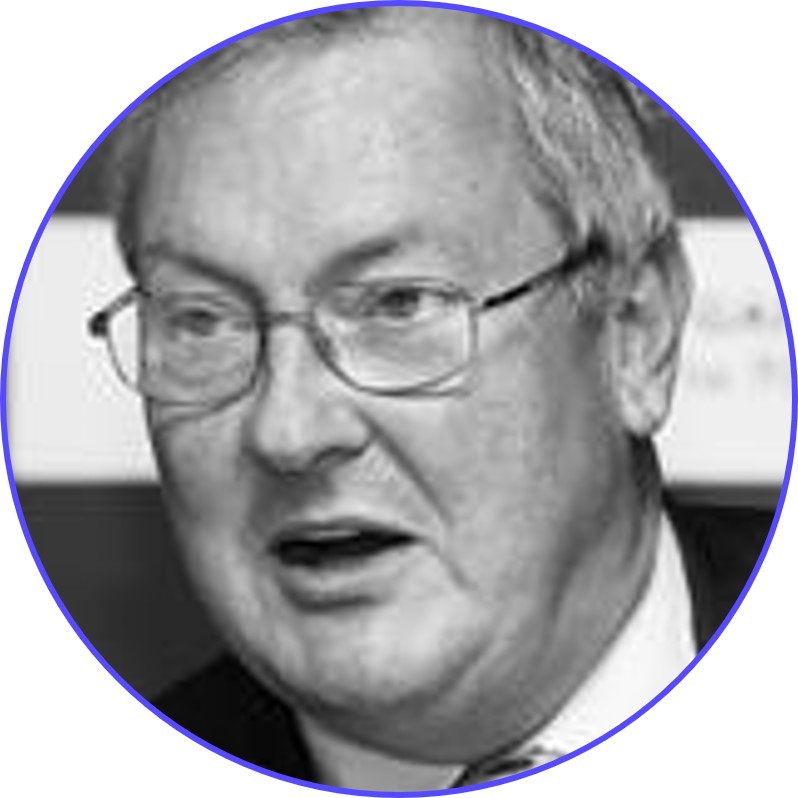 |
Michel Praet, Head of the European Space Agency’s Brussels Office, Belgium Since 2015, Mr Praet is the Head of the European Space Agency (ESA) Office in Brussels. Previously, he was member of the Cabinet of the President of the European Council, Mr Herman Van Rompuy. He is Vice-President of the “Museum for Europe”, Vice-President of the “Palace for Fine Arts” of Belgium (Brussels) and a founder of “veneziaviva.be”. He is a member of the Strategic Advisory Board of the “Brussels University Alliance” (ULB-VUB) and of the “Institute for European Studies” (VUB). Between the end of the 1990s and the beginning of 2000, Mr Praet was the Head of the ESA Liaison Office with the European Union and afterwards Head of the ESA DG’s Cabinet in Brussels. Earlier, he served in several positions both at the institutional and corporate levels. He was also Chairman of the International Space Station Program board and Director of Strategy for Alcatel Space in Belgium. |
|
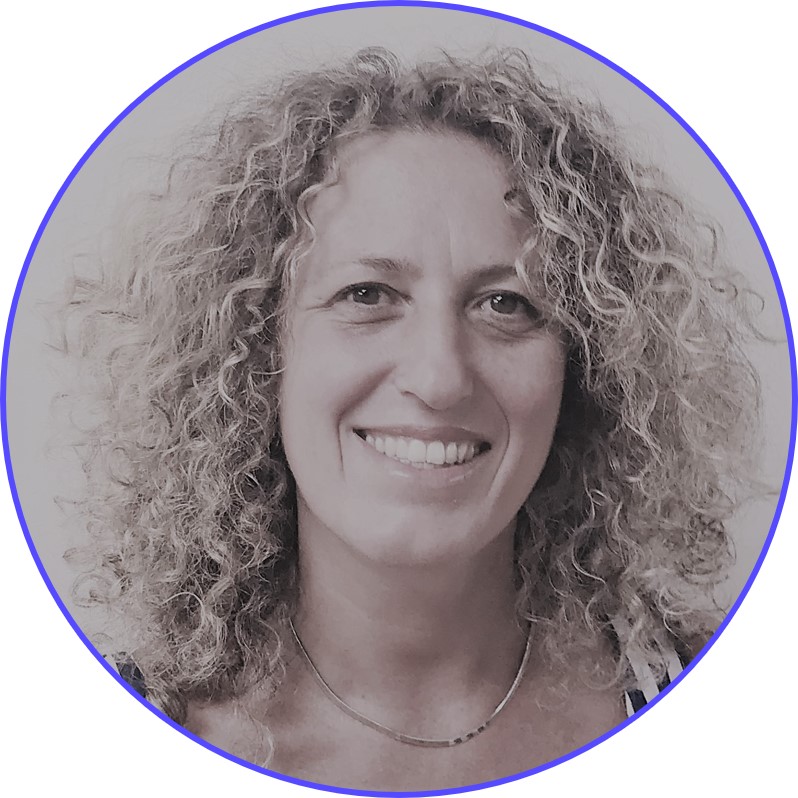 |
Virginia Puzzolo, Head of the Space Project Management Sector at the Research Executive Agency of the European Commission, Belgium Virginia Puzzolo is the Head of the Project Management Sector in the Space Research Unit of the European Commission – Research Executive Agency (REA). She started her career in the European Commission in 2004 as researcher in Earth observation applications in the Joint Research Centre (JRC) in Ispra. In 2006, she joined the team in DG Enterprise (today DG Grow) that developed the Copernicus programme. When she moved to the REA in 2009, she was initially in charge of the big integrated research projects that paved the way to the development of the Copernicus services. In 2013, she became the Head of Sector of the H2020 Space Research Programme delegated to REA. |
|
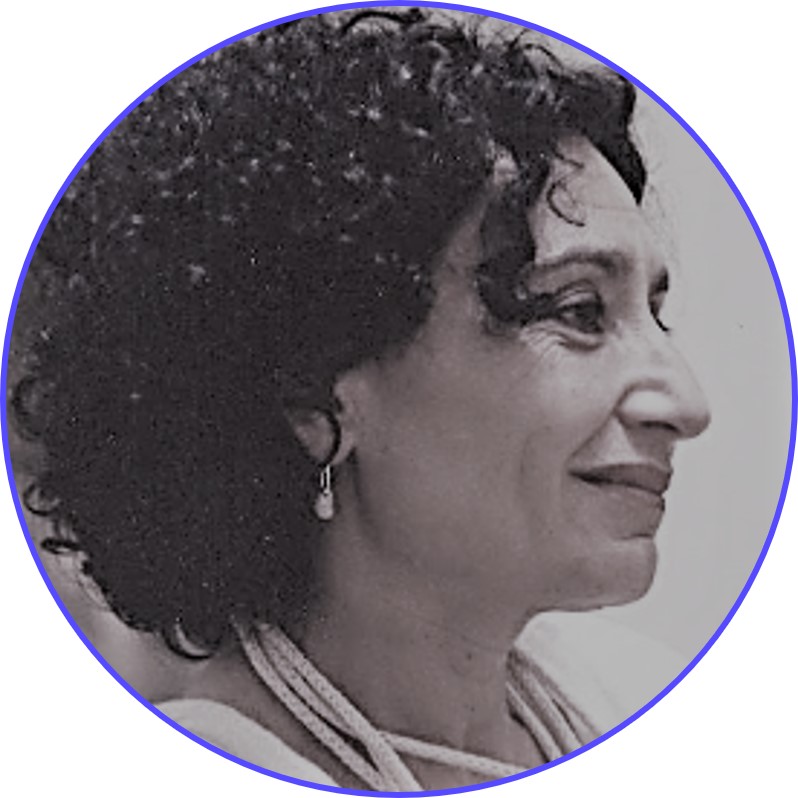 |
Marta Ragozzino, Director of the Pole Museum of Basilicata, Italy In previous years, Ms Ragozzino was Superintendent for the historical, artistic and ethno-anthropological heritage of Basilicata. She has a Degree in Contemporary Arts and a PhD in History and Conservation of Arts and Architecture. Since 2011, she has worked for the Italian Ministry of Cultural Heritage and Activities. Her interests range from the protection and conservation of cultural heritage to methodological issues, especially in relation to contemporary artistic languages. She coordinated the exhibition “Forse Fotografia-Attraverso l’Umano”, homage to the work of Mario Cresci, still underway in Matera in the National Museum of Medieval and Modern Art of Palazzo Lanfranchi. |
|
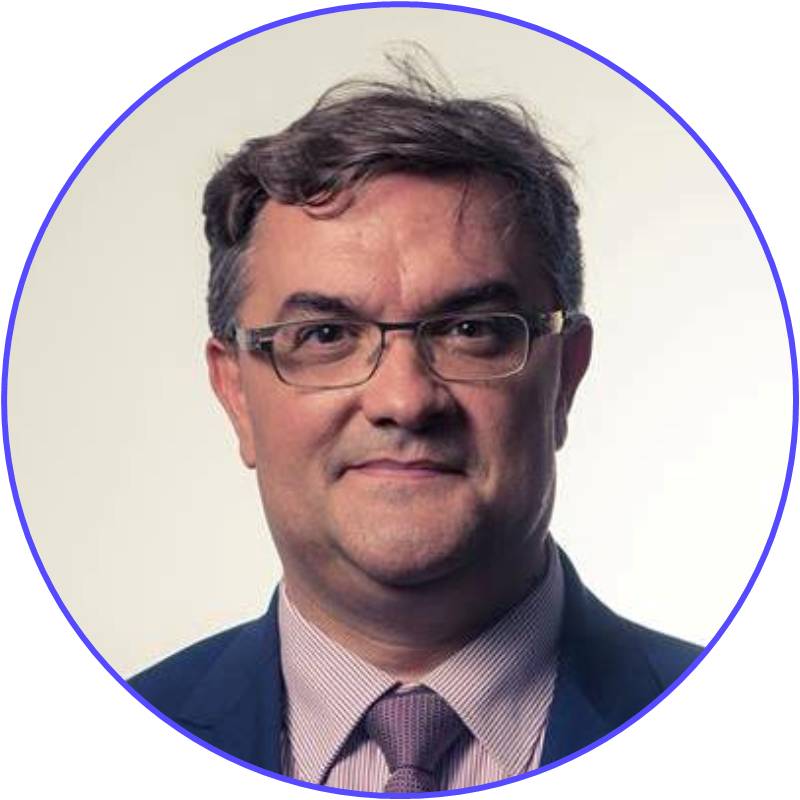 |
Raffaele Santangelo, Head of Business Development and Integrated Management System Departments, Geocart SpA At Geocart, an engineering company that operates in the fields of Earth Observations and ICT, Mr Santangelo develops strategies to maximise profits and monitor trends in the development of new services. He also manages R&D projects, collaborates to carry out investment programs, makes performance analysis of the quality, occupational health and safety, and of the environmental integrated management system. Since March 2016, he is the co-CEO of Digital Lighthouse srl, a new company owned by Geocart, which operates in the field of Entertainment and Media, specialised in technical and artistic innovation solutions designed for the Cultural and Creative Industry. The company implements innovative techniques for the development of accurate virtual realities, digital visual effects, graphic animations, software, audio-visual contents and products. |
|
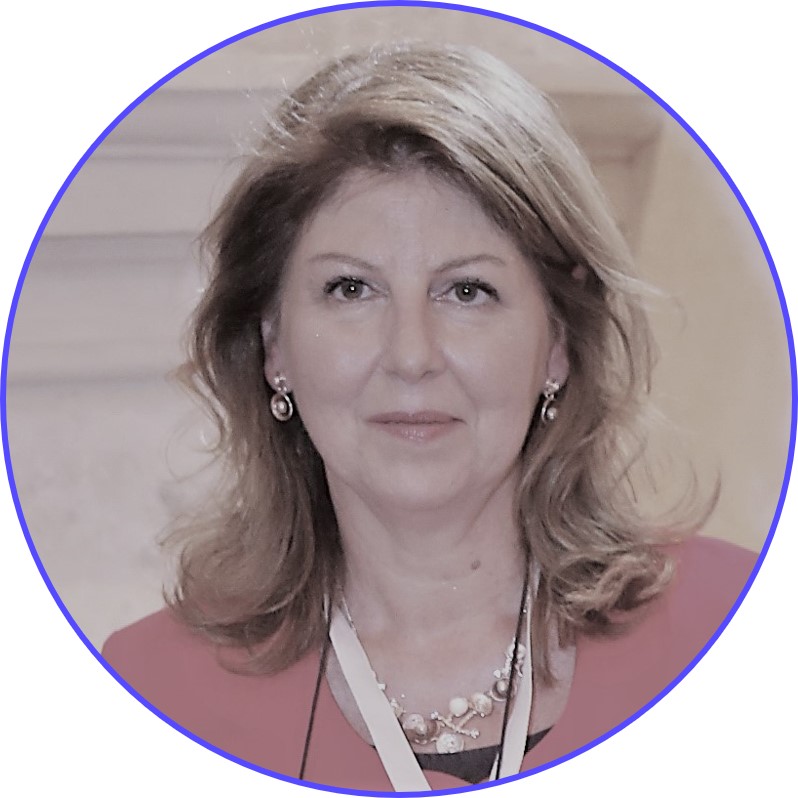 |
Francesca Sogliani, Head of the Post-graduate School of Archaeological Heritage, University of Basilicata, Italy Francesca Sogliani is an Associate Professor of Christian and Medieval Archaeology at the Department of European and Mediterranean Cultures at the University of Basilicata. She is also the Head of the Post-graduate School of Archaeological Heritage, at the University of Basilicata and Director of the scientific Journal “Siris. Studi e ricerche della Scuola di Specializzazione in Beni Archeologi di Matera”. Ms Sogliani hold the position of Co-director of “Polieion, Collana di Archeologia della Basilicata e dell’Italia meridionale”. She mainly deals with archaeological items related to the late antique and medieval settlements in southern Italy and to the aspects of the production and circulation of ceramic, vitreous and metallic artefacts of the late antique and medieval age. Her interest also concerns the enabling technologies for the knowledge and enhancement of archaelogical and cultural heritage. |
|
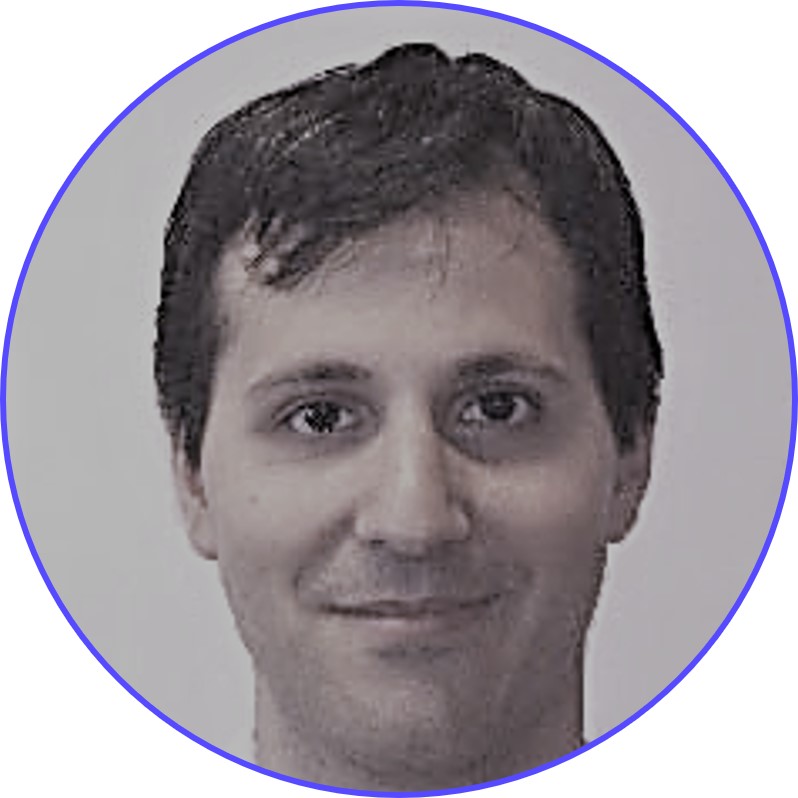 |
Deodato Tapete, Researcher, Italian Space Agency (ASI), Italy BSc and MSc in Sciences for the Conservation of Cultural Heritage and PhD in Earth Sciences, Mr Tapete is a researcher at the Italian Space Agency, with more than 10 years of experience within Italian and British public research bodies and universities. He is specialised in Synthetic Aperture Radar Interferometry for structural monitoring of historical buildings. He has carried out research using remote sensing technologies on several World Heritage sites and has published articles in various journals on topics related to remote sensing and archaeology. He also serves as the Editor-in-Chief of the section ‘Natural Hazards’ for the journal ‘Geosciences’ and is Guest Editor of ‘Remote Sensing’, with special publications on cultural heritage. |
|
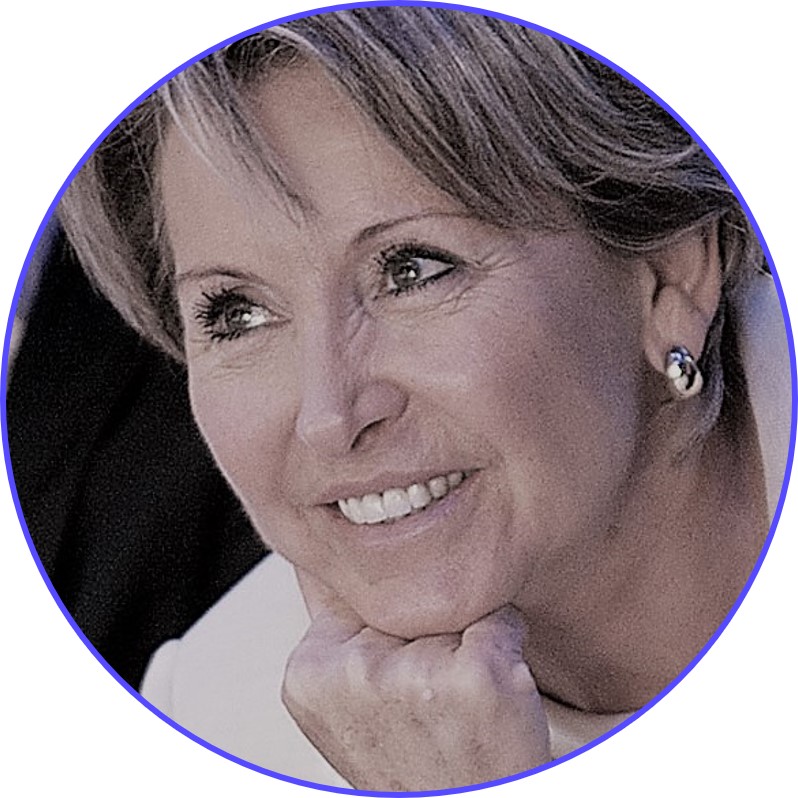 |
Dominique Tilmans, President, Eurisy, France Dominique has a degree in Political Sciences and Diplomacy from the Université Libre de Bruxelles. In 1993, she became the first female Permanent Deputy to the Province of Luxembourg. From 2007 to 2014, she served as a senator at the Belgian Senate. She created the Forum des Luxembourgeoises (Meridienne) and presided it from 2001 to 2008. She was designated as ‘Femme de Paix’ by the Conseil des Femmes Francophones de Belgique and is an Officer of the Order of Leopold. In 2014, she founded YouSpace, a non-profit organisation aimed at connecting academia with the space sector. Since 2016, Dominique is the President of the Eurisy association. |
|
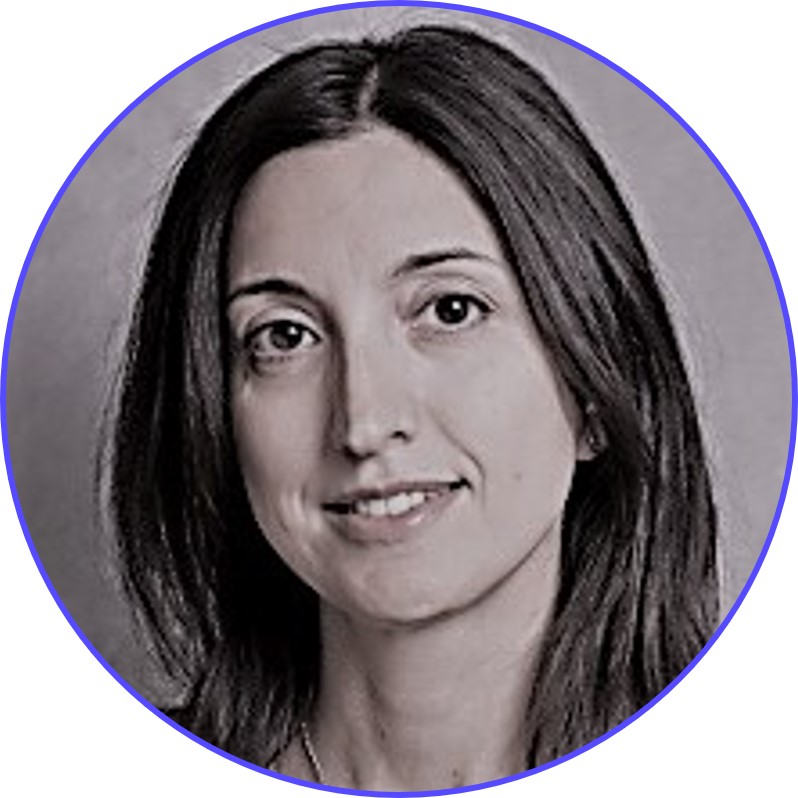 |
Arianna Traviglia, Research Fellow and Adjunct Professor, Univerisity Cà Foscari of Venice, Italy Dr Traviglia is a Marie Curie Research Fellow and Adjunct Professor at the University Ca’ Foscari of Venice (Italy), and an Honorary Research Affiliate of the University of Sydney. From 2006 to 2015, she was a Postdoctoral Research Fellow in the Department of Archaeology of the University of Sydney and in the Department of Ancient History at Macquarie University (Sydney), where her research focused primarily on ancient and historical anthropogenic landscapes. Before, she held positions as Visiting Scholar at the Research Centre of the Slovenian Academy of Sciences and Arts (ZRC SAZU) and at the University of Washington. She is internationally recognised as an emerging specialist in Landscape Archaeology, a field to which she is contributing to through the application and expansion of innovative digital survey technologies – such as Remote Sensing, GNSS, and mobile devices – in support of more traditional archaeological field methods and research. |
|
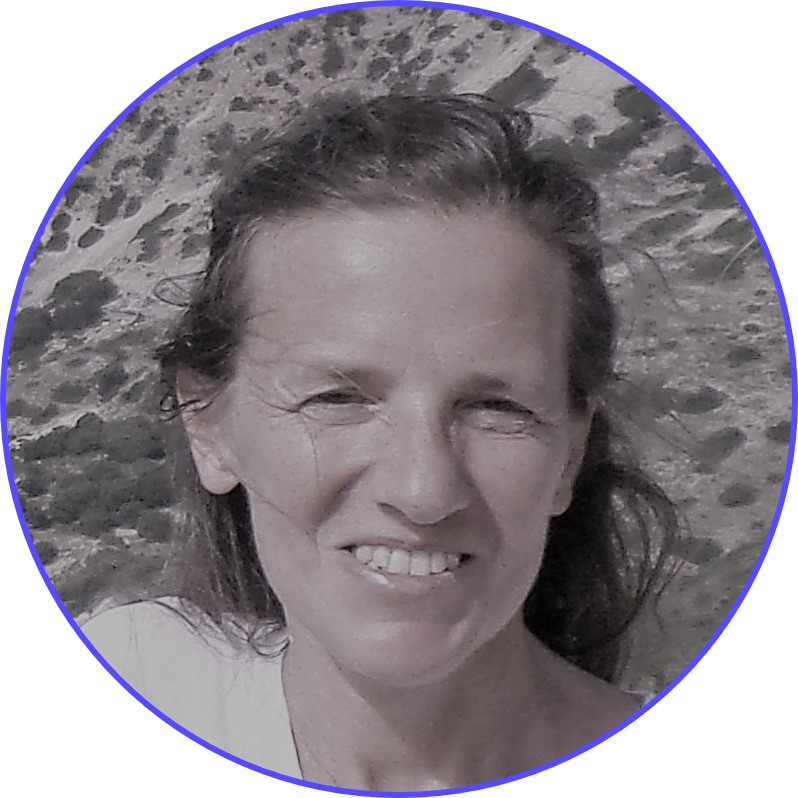 |
Paola Ventura, Head of the Archaeological Heritage Area, Superintendence, Fine Arts and Landscape of Friuli Venezia Giulia, Italy Paola Ventura is currently the Head of the Archaeological Heritage Area of the Archaeology Superintendence, Fine Arts and Landscape of Friuli Venezia Giulia in Italy. Previously, she served as Director of the National Archaeological Museum and the Early Christian Museum of Aquileia. Paola Ventura is specialised in Classical Archaeology at the University of Trieste and holds a Ph.D. from the University of Padua. Her main areas of interest are territoriality in archaeology and urban planning, handcraft culture and sculpture, policy and protection of cultural heritage. |
|
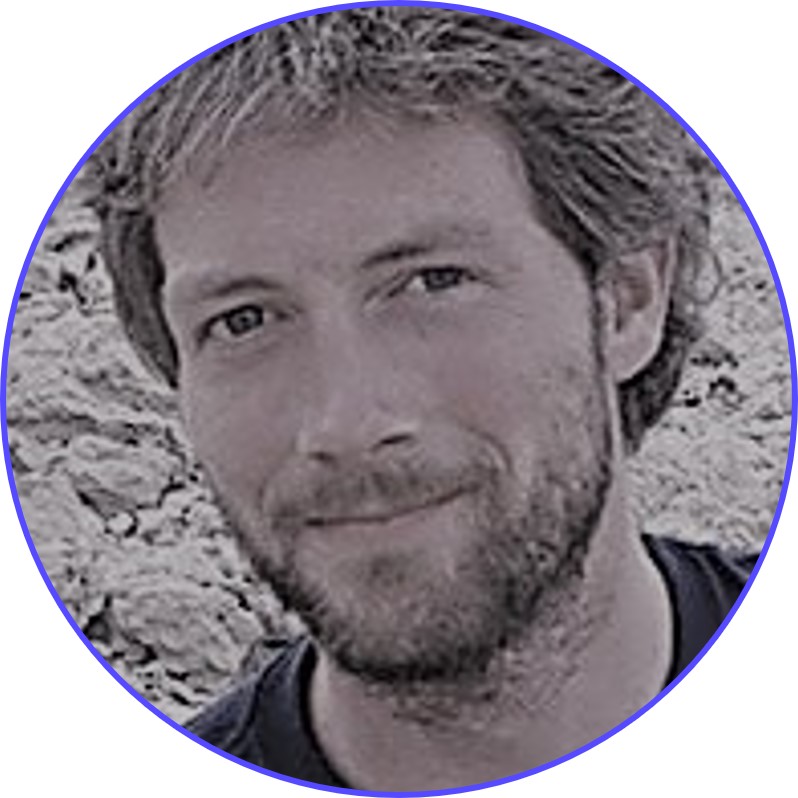 |
Jeremy Wood, Artist, United Kingdom Artist and map maker, Jeremy Wood pioneered GPS drawing to explore the expressive qualities of using his body as a geodesic pencil. His work responds to the ways in which maps can both inform and mislead us through their ability to state ideas that cannot be articulated by words alone. Featured in The New York Times’ “2003 Year in Ideas”, his personal cartographies have been exhibited in over fifty exhibitions in the UK and abroad, and is currently held in private and public collections including the London Transport Museum and the Victoria and Albert Museum. He has presented numerous public talks and delivered map reading/making master classes in schools and universities, which have attracted hundreds of participants of all ages. |
|
|
|
||
|
|


